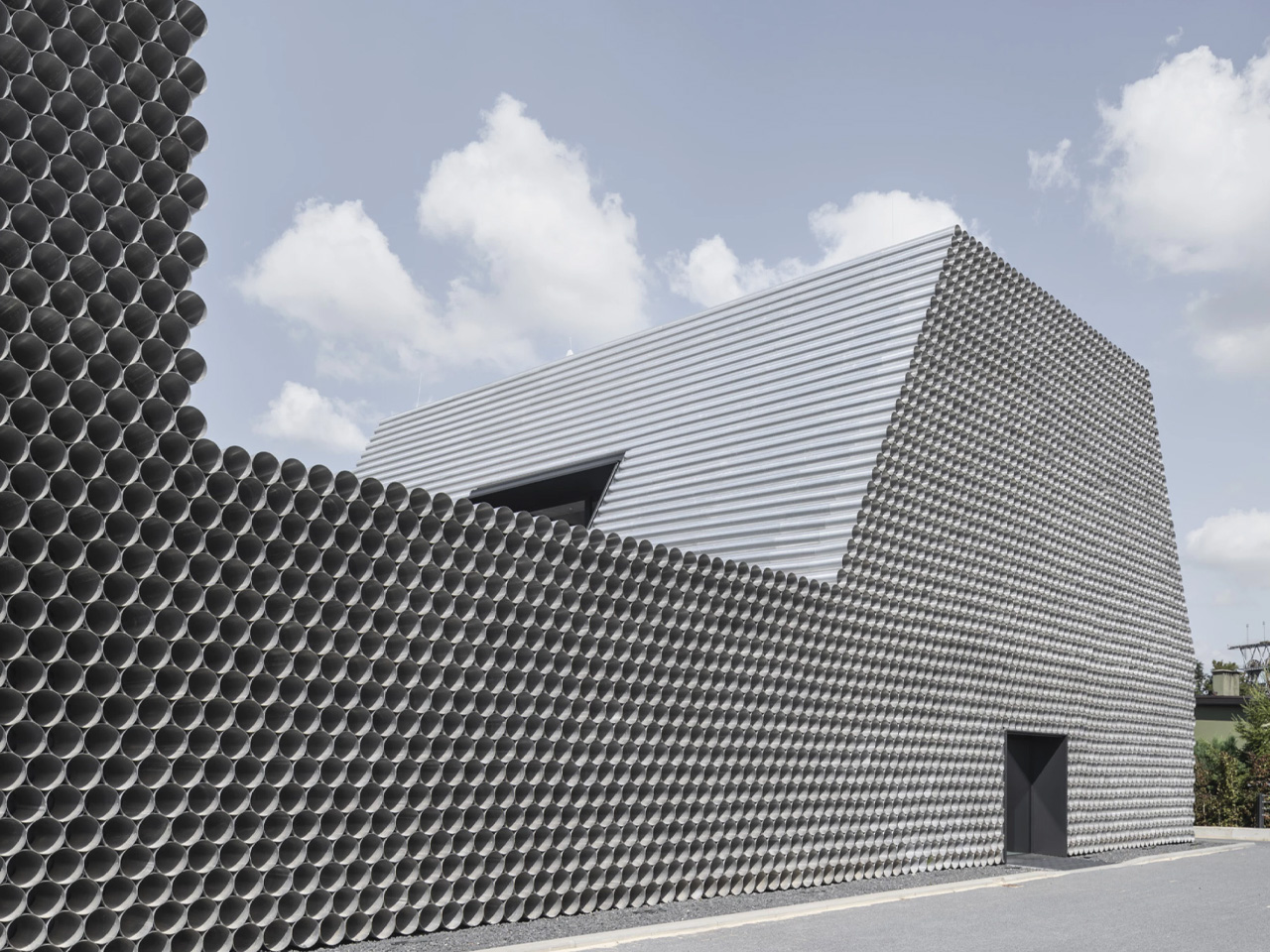Think back to the last time something was delivered to your home – did you notice if your clothing order came in individual plastic bags, do you recall if you were offered a choice between plastic or biodegradable utensils with your takeout? How we engage, or not engage, with plastics in our everyday lives is one link in the plastics value chain. Finding value in plastics that have served their purpose, or “valorization,” asks us to consider society’s use of plastics holistically. This is everything from advancing innovations in breaking plastics down to investigating plastic alternatives and ensuring sustainable solutions are most impactful and ultimately, socially accepted.
As a result, when we consider Canada’s goal of achieving zero plastic waste by 2030 , the issue is larger than just altering manufacturing practices or broadening recycling programs. It requires a multi-perspective approach involving all participants of the value chain to determine how science and policy can work together for sustainable solutions. This is the driving motivation behind Open Plastic .

The research program began at Queen’s in 2021 with $7.9 million in support from Genome Canada to explore a microbial platform for breaking down and valorizing waste plastic. Since then, the program, affiliated with Queen’s Contaminants of Emerging Concern – Research Excellence Network (CEC-REN), has expanded to finding solutions to plastics pollution through all possible, and sometimes unexpected, avenues, from investigating the gut bacteria of superworms to exploring the opportunities of a circular plastics economy.
Innovations in biochemical technology Recycling plastic actually refers to a variety of different processes that lead to the repurposing of plastics’ components. Where mechanical recycling creates new products while maintaining plastics’ original chemical form, biochemical and chemical recycling work to convert plastics into their original building blocks. It’s the science behind how plastic water bottles can be turned into polyester fabric for clothing.
However, breaking down or degrading plastic is not a one-size-fits-all approach as complex plastics requires multi-pronged solutions..
Technology

Breaking down the value of plastic

Highlighting the Queen's researchers who are establishing a new gold standard in biochemical recycling and encouraging us to reconsider our use of plastics.















